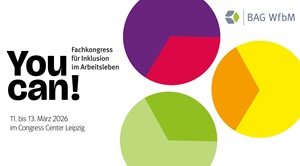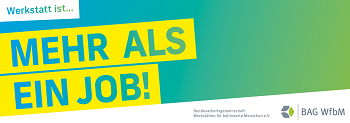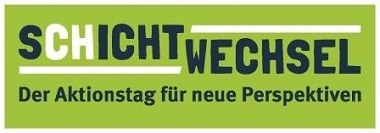Leading figures of the German federal association Lebenshilfe (a non-profit self-help organisation for people with intellectual disabilities and their families) and in particular its Dutch-born founder Tom Mutters created a unique model for German sheltered workshops modelled on the services offered by Dutch and French forerunners.
The German model is unique as regards the group of people using its services: Here, people with severe disabilities participate in working life in sheltered workshops. In other European countries, this group of people is usually cared for in day care centres, occupational services or living facilities.
The legal basis for the concept of German sheltered workshops was provided by the German Bundestag on 5 December 1974. The legislation includes many suggestions received from parents, welfare associations and specialists. It describes a model of vocational rehabilitation for severely disabled people, who are not, not yet or not yet again able to work on the open labour market. Today, sheltered workshops have evolved into highly specialised facilities of vocational rehabilitation.
Currently, around 310,000 people with disabilities participate in working life at roughly 3,000 community-based subsidiaries.
In German sheltered workshops, persons with intellectual disabilities, psychological disabilities and also a small number (about 4 %) of people with physical disabilities are able to participate in working life. The share of people with intellectual disabilities is about 75 % and the share of people with psychological disabilities is about 21 % (BAG WfbM statistics (as of 1 January 2024)).
In Germany the term ‘sheltered workshop’ is not used anymore. To shift the focus away from protection of people with disabilities and towards the idea of individualized support, the term ‘Workshop for disabled people’ or ‘Workshop for people with disabilities’ is used. However, ‘sheltered workshop’ will be used hereinafter because it is the term that is internationally used.































